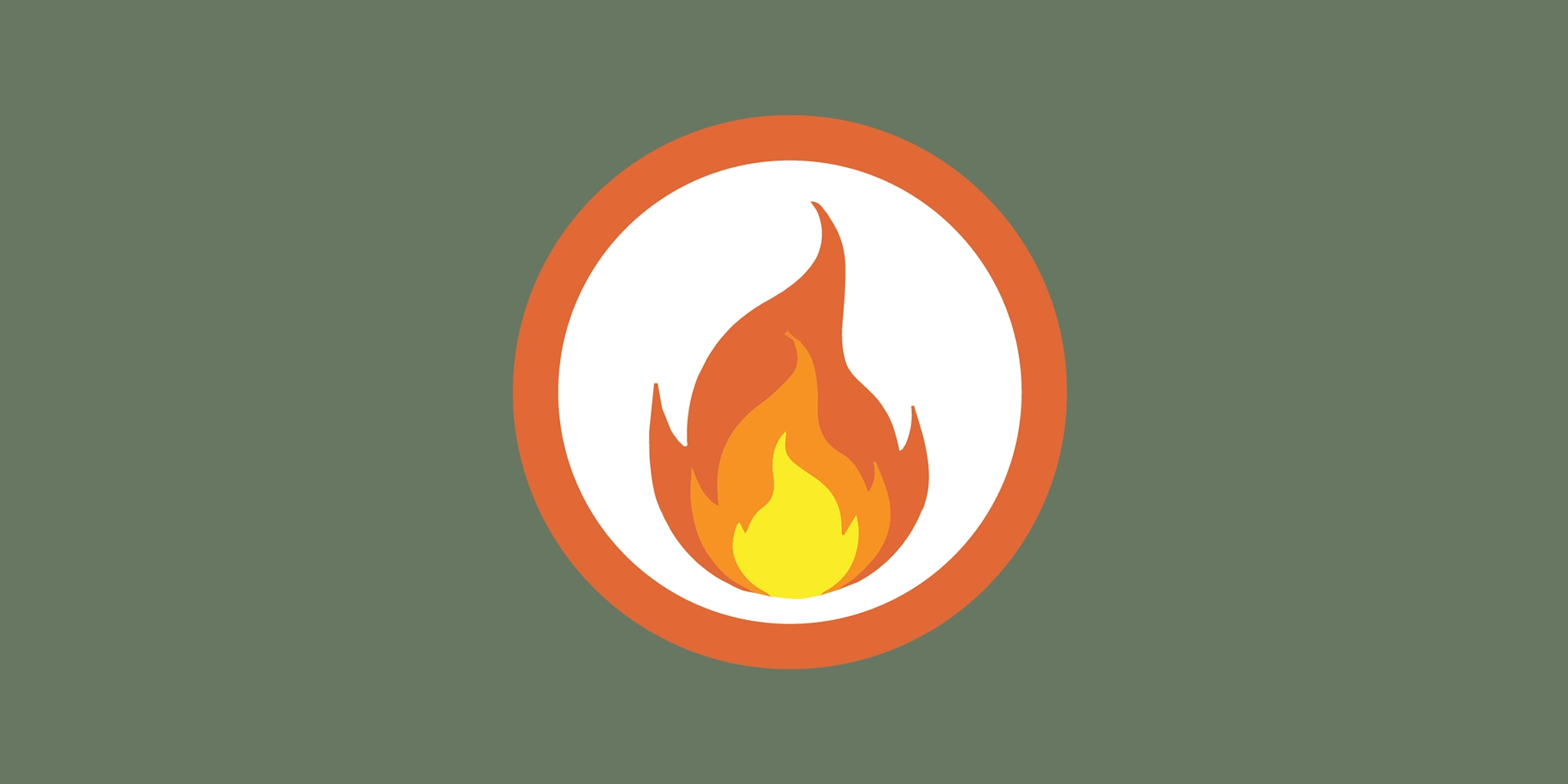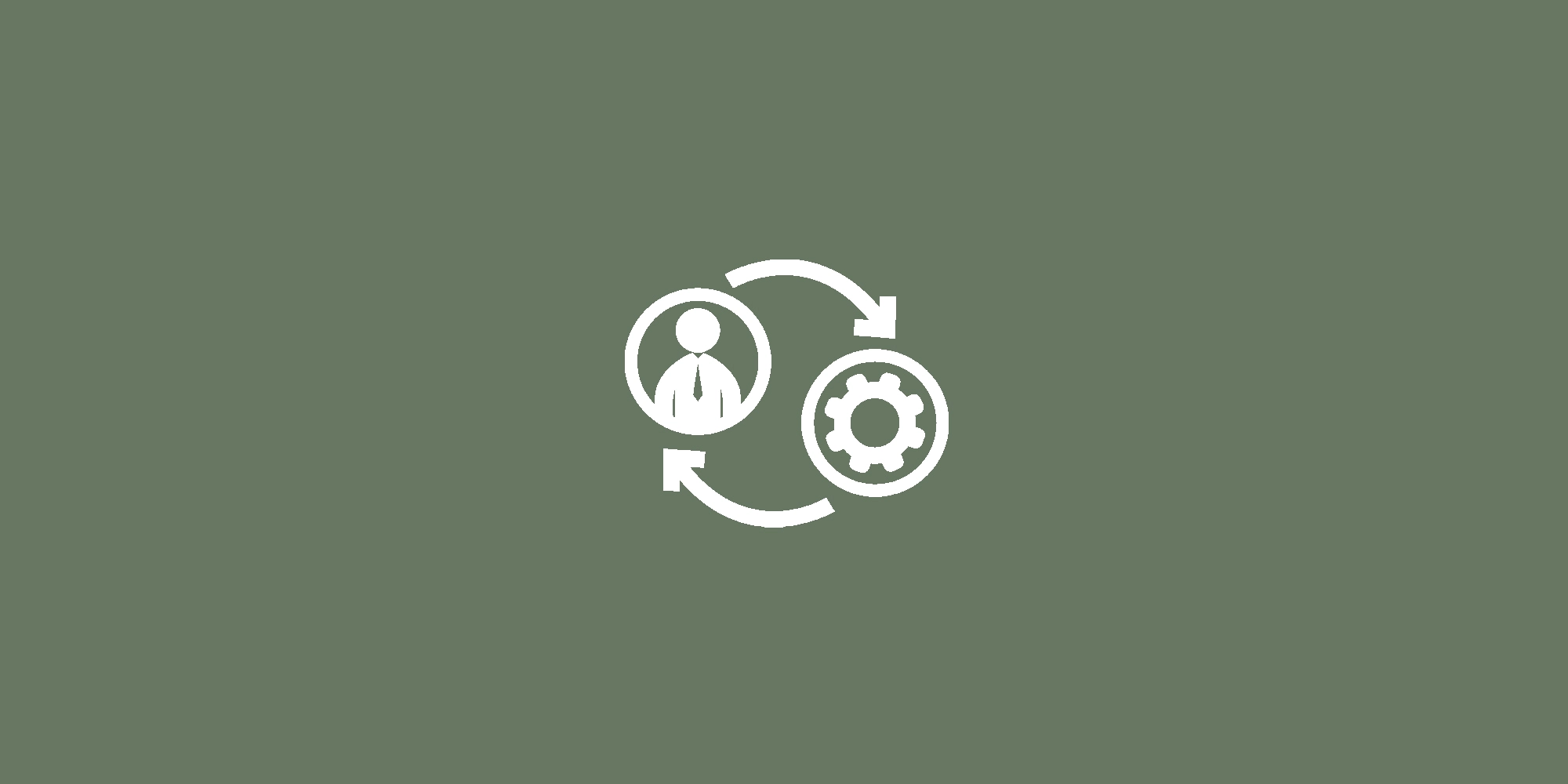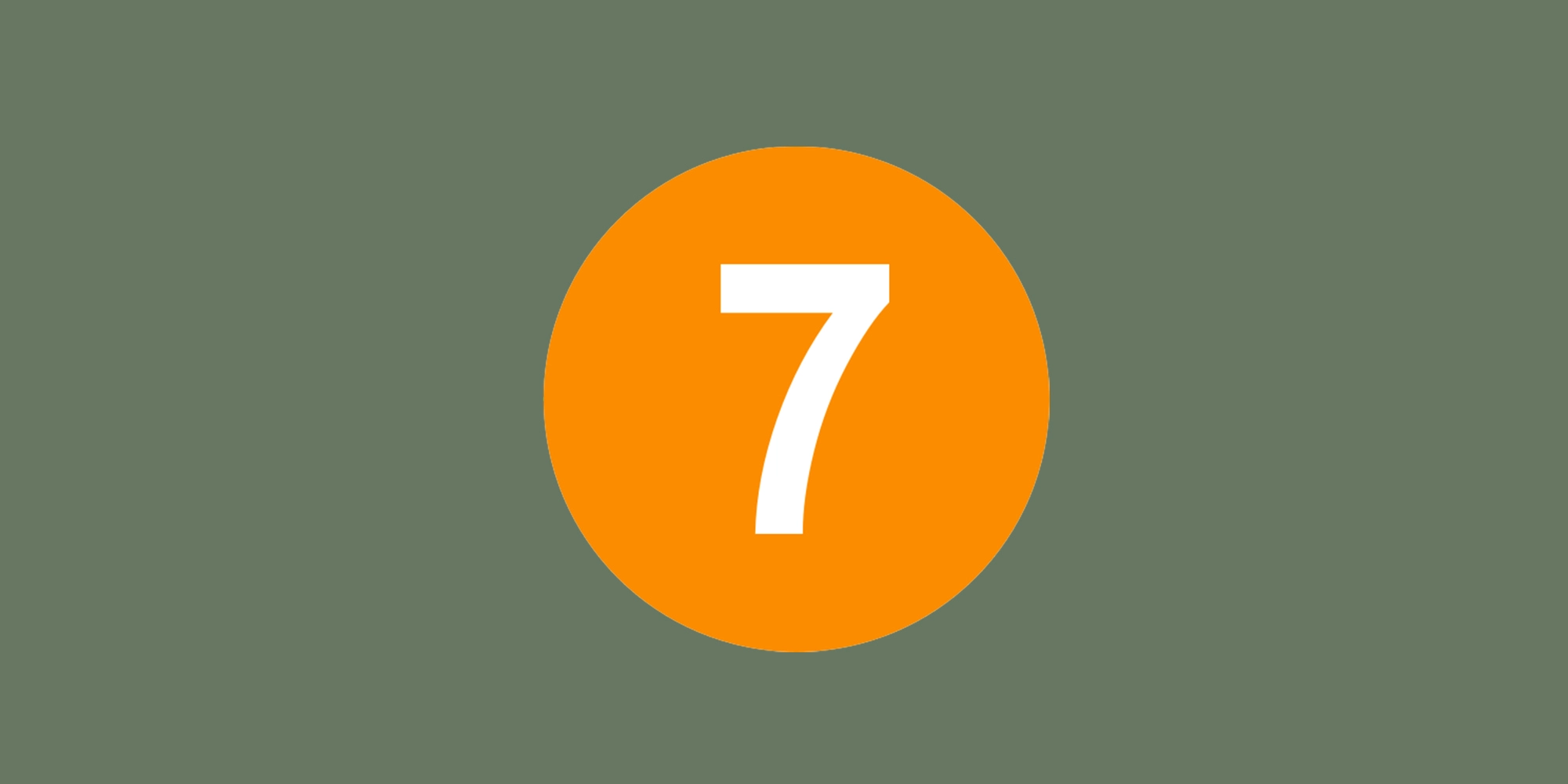
I got a lot of things right in my decade-long freelance career: I found a bunch of great clients, helped others transition to freelancing, bootstrapped a successful startup, and did the digital nomad thing for a while.
But, it wasn’t perfect. When I was starting out in 2011, I didn’t know a single freelancer, let alone a more experienced one. So, I had to learn on the job and adapt quickly.
Some things came naturally to me. Some less so. I learned some lessons the hard way. Some missed opportunities only became visible in retrospect.
Today, I will help you avoid the mistakes I made and recognize opportunities that come your way. Here are seven pieces of advice I wish someone had given me 11 years ago.
1. Send more follow-ups
I hate spamming people. I hate it to a fault.
When a client ignores my proposal or disappears mid-conversation, I never used to follow up. Over time, I realized I was wrong. When people don’t reply to us, we assume they’re not interested. But people are busy. Sometimes they forget to respond. Sometimes they find another priority.
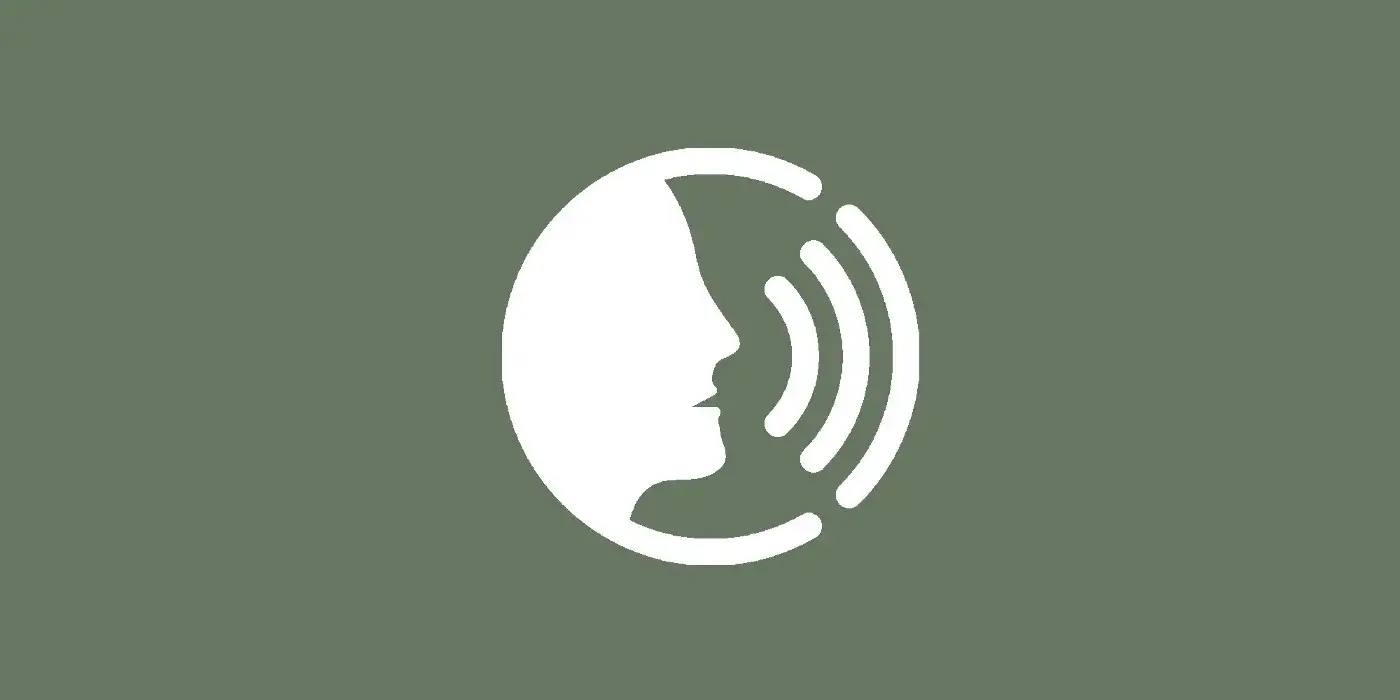 How to Write Follow-up Messages That Generate Clients and Close DealsSending them a nudge (never more than one though) might be just what they need to get back on track. When I made myself try this, my conversion rates jumped by some 20%.
How to Write Follow-up Messages That Generate Clients and Close DealsSending them a nudge (never more than one though) might be just what they need to get back on track. When I made myself try this, my conversion rates jumped by some 20%.
2. Write, write, write
I didn’t start writing online until 2019 - eight years after I started freelancing as a software developer.
If I had to choose one thing to do differently in my career, it would be this. Writing has created new opportunities, expanded my network tenfold, and even helped me pivot into freelance writing. If I had started in 2011, who knows where I would be today.
What should you write about? For me, writing about freelancing seems to work well. You can also write a technical blog, create social media content, or even fiction. Experiment and see what works for you. You don’t even have to have a clear goal in mind. Maybe leads will come to you. Maybe you’ll build an audience. Maybe you’ll learn a lot.
Things will become much clearer after you’ve been writing for a few months.
3. Use your leverage while you have it
If you’re a freelancer in your 20s, it feels like you have infinite time. You check out of work whenever you want, take a month off to travel, sleep in every day, and spend a lot of time on transitory hobbies.
I’m not against any of the above, but moderation is advisable. Free time is a finite resource. Someday, when you start a family and buy a home, you will realize that.
Free time is leverage. Use it while you have it. Have your fun, but also set aside some time to scale your business, invest, and 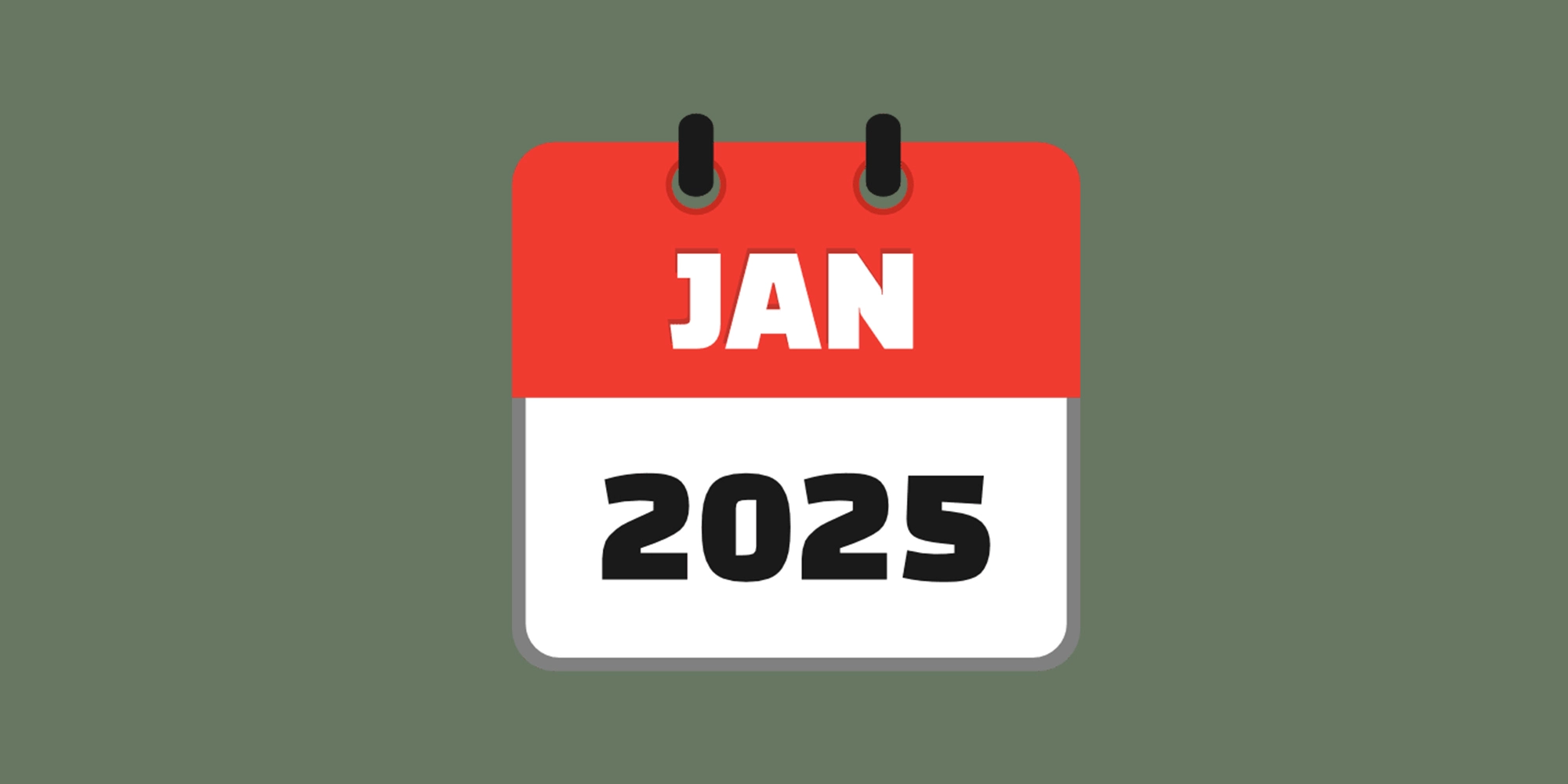 Which Skills Are Best for Freelancing in 2025?improve your skills consistently.
Which Skills Are Best for Freelancing in 2025?improve your skills consistently.
4. Do more direct outreach
Back in 2011, I started working on freelance platforms. In 2012, I went all-in on Upwork (then Odesk). It worked out great. It also spoiled me. Once I built up my Upwork reputation, I had plenty of offers and plenty of clients to choose from. I consistently increased my rates and became more picky with time.
That’s all well and good, but, in retrospect, I was lucky. What if I got suspended? What if a malicious client damaged my reputation? What if Upwork went out of business? What if Upwork’s payment methods stopped working for my country?
I did no cold outreach and no content creation for the first couple of years of my career. I got away with it, but I just as easily could not have.
If Upwork disappeared back in 2014, I would have been lost. Sure, I’d pick up new skills and get back in the game, but it would take months at the very least. Don’t take that risk. Diversify your lead acquisition. Practice cold outreach. It’s trickier than it might seem.
5. Build an email list
I would have tens of thousands of emails today if I started my freelance newsletter in 2011. I started it in 2023 so I have 200 emails.
An email list is valuable. Whether you 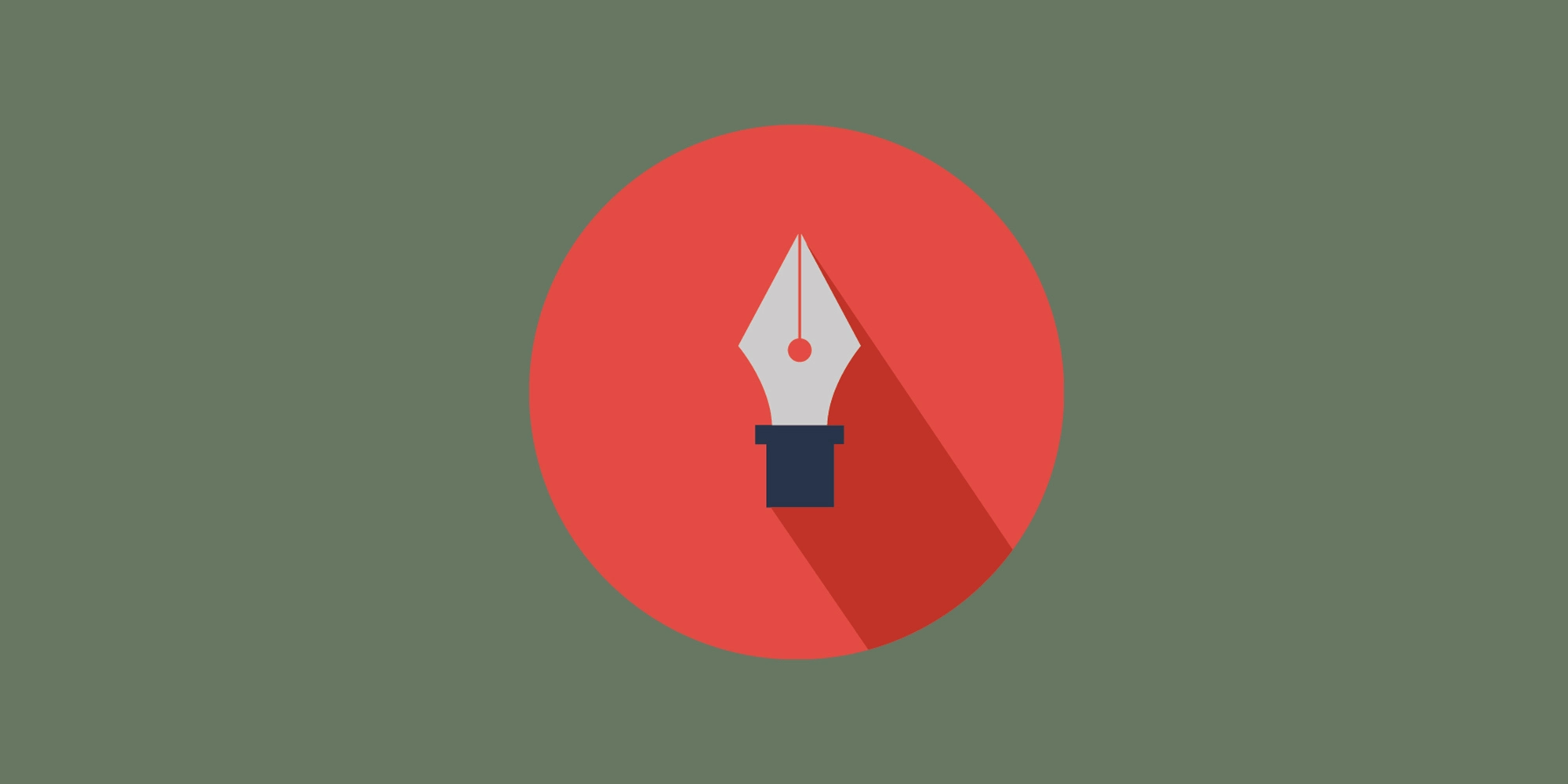 Should Freelancers Create Content?create content for freelancers or for a specific industry, an email list is an opportunity list. Every person in that network is a potential collaborator, friend, mentor, reference, or customer.
Should Freelancers Create Content?create content for freelancers or for a specific industry, an email list is an opportunity list. Every person in that network is a potential collaborator, friend, mentor, reference, or customer.
Some freelancers create a separate email list of all their clients and send them updates periodically. This helps get recurring jobs and outsourcing opportunities.
6. Build authority
Building authority is a close cousin of building an email list. By creating quality content, you position yourself as an industry expert.
Clients love hiring “celebrity” freelancers. By “celebrity” I mean “freelancers that other freelancers learn from”. This means built-in trust and transparency, and those are both great guarantees for clients.
You can build authority by building a following on social media, getting endorsements from businesses and agencies, or getting (real) testimonials for your personal website.
7. Find a mentor
I love figuring things out on my own. It’s fun, challenging, and it feels amazing when you crack the code.
It also takes a lot of time, which isn’t ideal from a business perspective.
In retrospect, I could have used a mentor when I was starting out. All the things I listed in this article, I learned the hard way. Sometimes, that could have been avoided by talking to someone more experienced.
These days, it’s easy to find mentors online. Yours truly included. When I was starting out in 2011, I didn’t know a single freelancer in my city, and I didn’t have a professional network online. I could have still found a mentor had I really put my mind to it.
There’s a silver lining to this. Being forced to figure things out in real time made me stronger. It also made me a better mentor for others.
Bonus: think ahead
Those are the seven pieces of freelancing advice I wish I had received. I hope you will find some of them useful in your career.
As a bonus point, I’d like to remind you to always think ahead. I did a decent job of that overall, but it still merits a mention on this list because it’s so important. When you optimize for the short term, you suffer in the long term. Even if you’re partying or traveling, it is wise to maintain a baseline of productivity.
Freedom isn’t free.
Don't miss the next blog post!
I publish a new blog post every Wednesday. Join the newsletter to get:
- One valuable email a week.
- Zero spam.
- Exclusive content not found in the blog.
- Reply directly to me with questions or feedback.
Use the form at the bottom of this pageon the right to join the newsletter.

